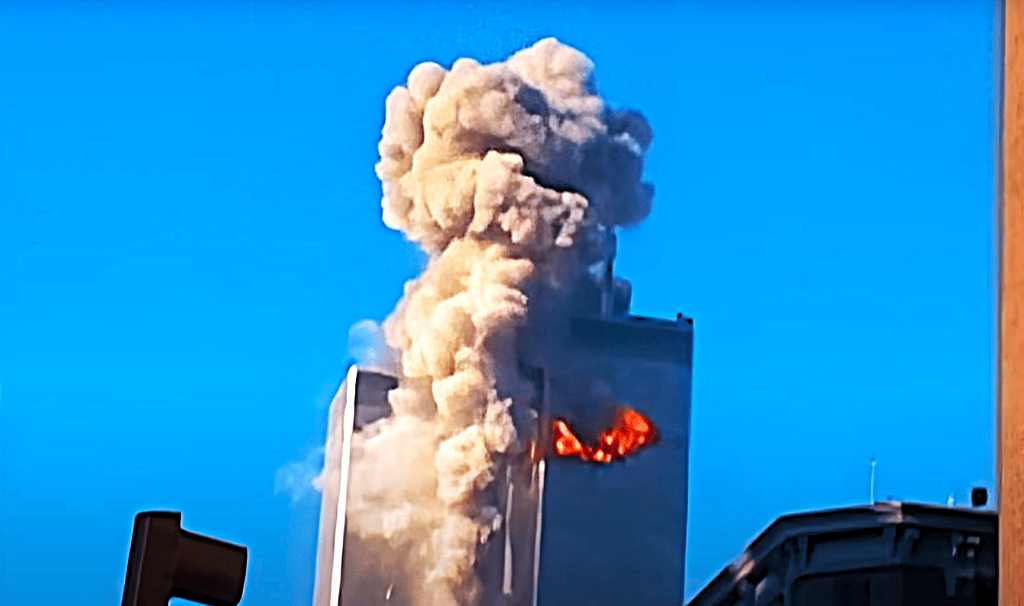24 Years After 9/11: Wars, Obama’s Era & Bin Laden’s Death
Marking 24 years since 9/11, explore the attacks, the Afghanistan and Iraq wars, Obama’s leadership, and the 2011 U.S. raid that killed Osama bin Laden.
Raja Awais Ali
9/11/20252 min read


24 Years After 9/11: Wars, U.S. Presidents, and the End of Osama bin Laden
On September 11, 2025, the world marks the twenty-fourth anniversary of the terrorist attacks of September 11, 2001. That day, nineteen members of al-Qaeda hijacked four passenger planes, crashing two into New York City’s World Trade Center towers, one into the Pentagon, and one into a field near Shanksville, Pennsylvania. Nearly 3,000 people were killed, and global politics, security strategies, and U.S. policies changed forever.
The President at the Time
George W. Bush was President of the United States, having taken office in January 2001. In the aftermath, he announced a global “War on Terror,” creating the Department of Homeland Security and the Transportation Security Administration. His administration launched military action to remove Afghanistan’s Taliban regime for harboring al-Qaeda leaders.
The War in Afghanistan
The U.S.-led war in Afghanistan began in October 2001 with the goal of dismantling al-Qaeda and capturing its leaders. International forces quickly removed the Taliban from power, but the conflict became America’s longest war, stretching nearly twenty years. Efforts focused on rebuilding Afghan institutions and securing the country, but the United States completed a large-scale troop withdrawal in August 2021, allowing the Taliban to regain control.
The War in Iraq
In March 2003, the United States and its allies invaded Iraq, aiming to topple Saddam Hussein and eliminate alleged weapons of mass destruction. Those weapons were never found, but Hussein was captured, tried, and eventually executed. The war destabilized the Middle East and deepened sectarian divisions, leaving a lasting regional impact.
The Death of Osama bin Laden
Osama bin Laden, the founder of al-Qaeda and mastermind of the 9/11 attacks, was killed on May 2, 2011, in Abbottabad, Pakistan. The covert operation—code-named Neptune Spear—was carried out at night by U.S. Navy SEALs and intelligence teams. The raid lasted about forty minutes. Bin Laden was shot and killed in a brief firefight, his body identified, and later buried at sea to prevent any gravesite from becoming a shrine.
Barack Obama’s Presidency
The mission was ordered by President Barack Obama, the 44th President of the United States and the nation’s first African American leader, who served from 2009 to 2017. His administration emphasized global cooperation, counterterrorism, and environmental agreements, but the successful raid that ended bin Laden’s life became one of his most defining achievements.
After 9/11, countries around the world strengthened counter-terrorism laws, enhanced intelligence sharing, and overhauled air-travel security. Privacy and surveillance remain subjects of debate, while survivors and first responders still face long-term health problems, prompting ongoing calls for medical support.
As night falls each September 11, two beams of light once again rise over New York City, symbols of remembrance and resilience. Twenty-four years later, the anniversary underscores a global truth: terrorism remains a challenge, but the values of unity, courage, and compassion endure.
Stay informed with the latest national and international news.
© 2025. All rights reserved.